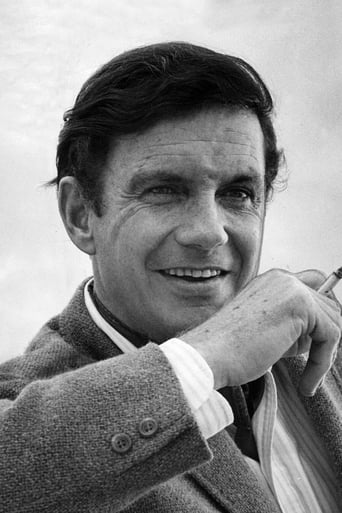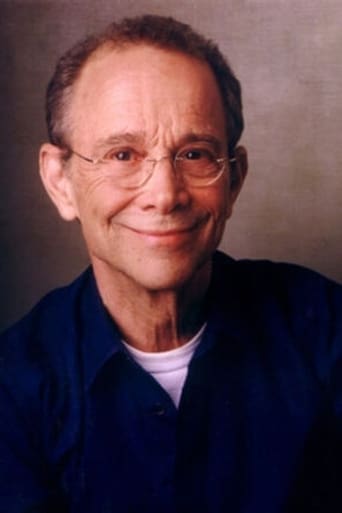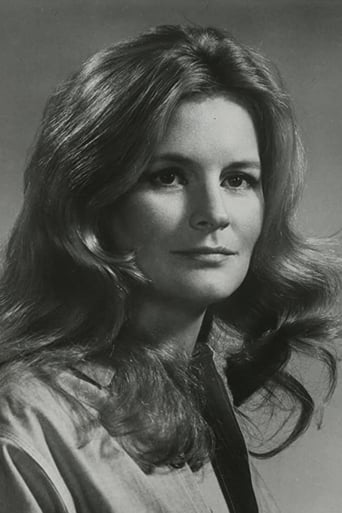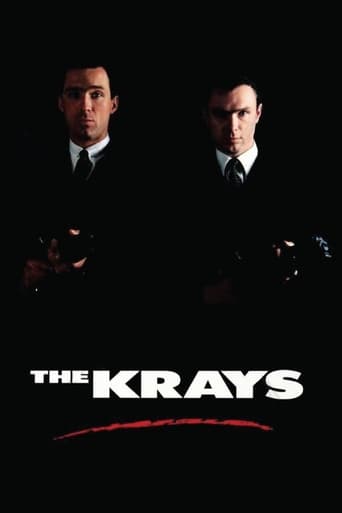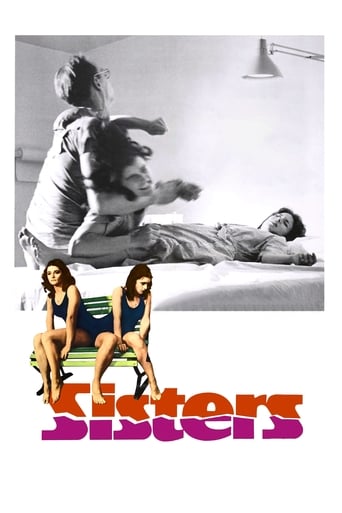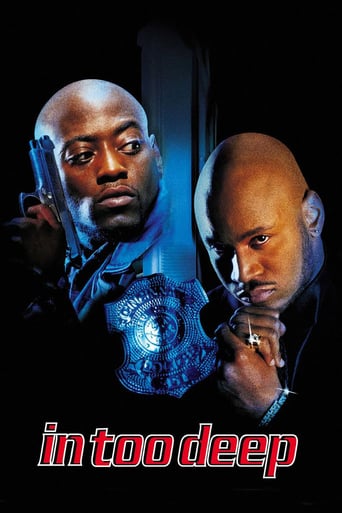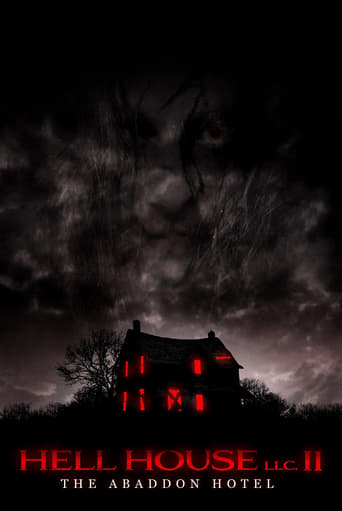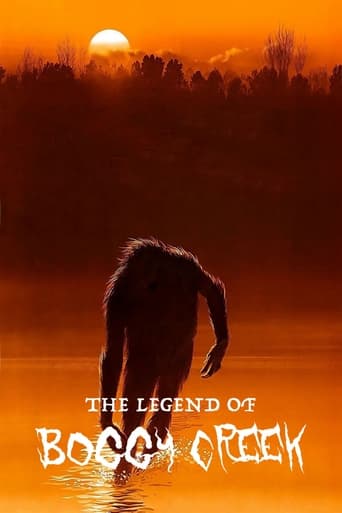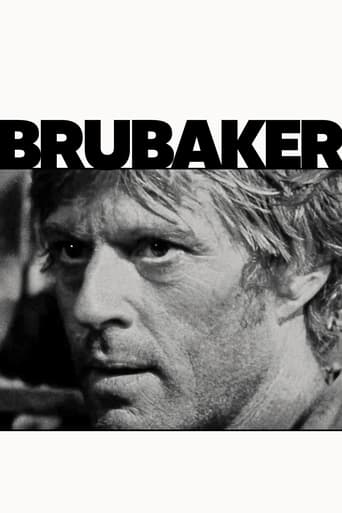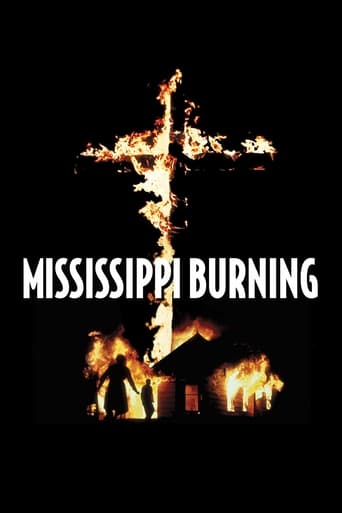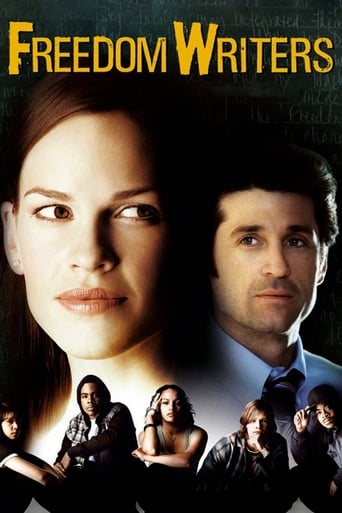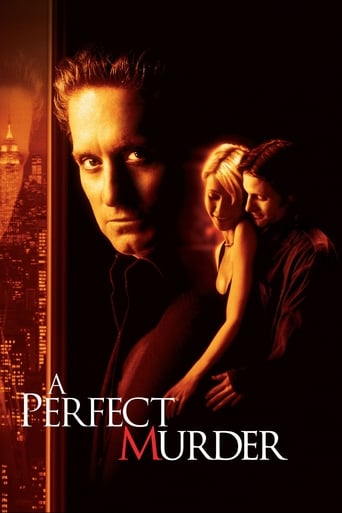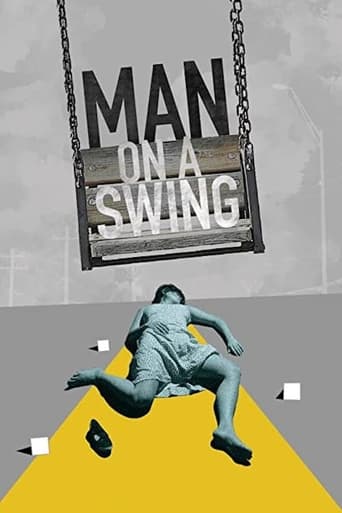
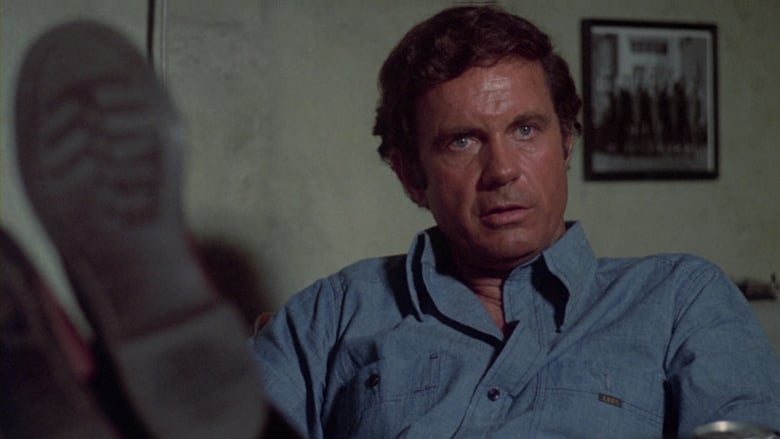
Man on a Swing (1974)
A small-town police chief investigating a murder is offered help by a self-described psychic. However, when the chief discovers that the "psychic" is in possession of information known only to the police, he suspects that the man may be more involved in the case than he lets on.
Watch Trailer
Cast


Similar titles
Reviews
Cliff Robertson plays a very frustrated small town Sheriff, trying to solve a murder case. Mucking things up is Joel Grey claiming to be a psychic, who can help Robertson find the killer. Unfortunately, Grey supplies just enough officially withheld information to tantalize the police, but not enough to solve the case. This causes Robertson to challenge Grey's psychic abilities with professional testing that is inconclusive and only further muddy the waters. "Man on a Swing" is based on a true murder investigation, and is superbly edited so that it never bogs down. The viewer is interested right up to the open ended conclusion, and is left wondering, just as the creative script intended. - MERK
"Man on a Swing" is based on the real-life murder investigation of a young woman. Made in 1972, we have seen many movies about similar investigations before and since. However, this one still has something different to offer.When the girl's body is found in her car in a small town supermarket parking lot, the sheriff, Lee Tucker (Cliff Robertson), investigates the case. Everything looks pretty standard for this kind of film until a self-proclaimed psychic, Franklin Wills (Joel Grey), comes forward with information only the police, or the killer, could have known. This sends the story in a direction that makes this movie standout in a very crowded genre.Cliff Robertson plays it straight, and it's the right move because it's the perfect counterpoint to Joel Grey's fireworks. Grey gives a performance, which is every bit as eye-catching as the one he gave in "Cabaret", made about the same time. His Franklin Wills comes across as annoying, narcissistic, and more than a little creepy.The real point of difference in the "Man on a Swing" is that it deals with clairvoyance, a subject that was debated around that time, especially as it related to solving crime. There were a number of baffling, high profile cases around the world in the 60's and 70's where psychics were called in - without much success if I recall correctly. You don't hear nearly as much about crime solving clairvoyants these days, could it be that computers and DNA have replaced the Ouija board and the psychic? The movie ends on a slightly disturbing note, but doesn't take sides as to whether Franklin is a genuine psychic or not - it's left for the viewers to make up their own minds.Frank Perry was an eclectic director. He didn't make many films, and although he covered quite a few genres from westerns and comedies through to historical sagas, psychological drama was his forte, often in collaboration with his wife Eleanor. "David and Lisa" and "The Swimmer" are two others that I always remembered. If his films have one thing in common it is that Perry chose offbeat stories that challenged his actors, and "Man on a Swing" fits nicely into that category. More than just a police procedural, it's the intensity of the human drama and the clash of wills between Robertson and Grey's characters that drives the film.The movie was made 40 years ago, and although there are many superficial elements that date it to that time, not the least being Cliff Robertson's hairdo, I found it just as intriguing as I did all those years ago.
On June 16, 1968 the nude body of Barbara Ann Butler, a 23-year-old junior high school teacher, was found in her car at a store parking lot near Dayton, Ohio. William A. Clark, a reporter for the Dayton 'Daily News', covered the subsequent police investigation—an investigation made far more complicated by the involvement of a psychic named Bill Boshears. Barbara Butler's murder was never solved. Nonetheless, Clark turned his reportage into a minor classic of the true crime genre entitled 'The Girl on the Volkswagen Floor' (Harper & Row, 1971). When David Zelag Goodman ('Straw Dogs') adapted Clark's book to the screen, he turned the William Clark figure into Police Chief Lee Tucker (Cliff Robertson) but did not really account for the fact that a busy police chief's routine duties and investigative methods would surely differ from those of a newspaperman. For example, Tucker takes a somewhat unlikely trip to a distant university to confer with para-psychology expert Dr. Nicholas Holnar, played by George Voskovec. Furthermore, Cliff Robertson plays Chief Tucker in a mostly deadpan fashion, making for a less than inspired performance. In stark contrast to Robertson's stereotypical tough guy cop is the manic, fitful, and deeply unsettling performance of Joel Grey as Franklin Wills, the psychic who wants to help Tucker solve the crime but makes Tucker suspicious that Wills may have some direct involvement in the crime. At any rate, Grey's performance is so good that it makes up for Goodman's muddled script and Frank Perry's trite direction. DVD (release date unknown).
Oddball mystery that I suspect is not for everyone. Joel Grey plays a psychic, Franklyn Wills, who wants to help the cops solve a gruesome parking lot murder. On their first meeting he establishes some credibility by knowing a number of details not mentioned in the media, thus provoking the curiosity of head cop Lee Tucker (Robertson). How, we wonder, does Wills know these details. Is he a real psychic or maybe even the killer himself just playing games with the cops. Thus begins a stormy collaboration between the head cop and the psychic, as Lee not only investigates the murder but has to figure out what's going on with Wills who keeps coming up with more interesting facts.This is one of the more unsettling films I've seen, mainly because Wills' behavior is completely unpredictable when he goes into his sudden psychic trances. He may leap on a desk, roll on the floor, or go into jerky spasms no matter where he is. Grey is an elfin-like presence anyway, so these sudden seizures are truly disturbing, even scary. When not in a clairvoyant state, he's not what you'd suspect from a killer, all smiles and disarming demeanor, even when Lee throws him against a wall in utter frustration. All in all, Grey delivers a cunning performance, one of the most unusual I've seen. His Franklyn Wills remains truly an enigma.In contrast, Robertson wisely low-keys his role, with a deadpan expression, soft voice, and unblinking stare as he observes the strange little man who seems in communication with something—but what. And when Lee and his wife start getting strange phone calls and knocks on the door, everyone figure it's got to be Wills, but why. What could he hope to gain. His behavior seems beyond strange.In a sense, the movie dwells almost obsessively with the relationship between these two. There are no real subplots or principal characters apart from them. Thus, it's two hours of trying to figure out whether Wills is a true psychic or not. The fact that the film is based on a true story makes the mystery even more intriguing. I suspect many folks are put off by the morbid undertones of the unvarying plot, and that plus an unconventional ending may have something to do with the film's obscurity. Nonetheless, for some folks, like me, it's a fascinating sleeper, with its own style of intrigue, and continues to cast a haunting spell.


